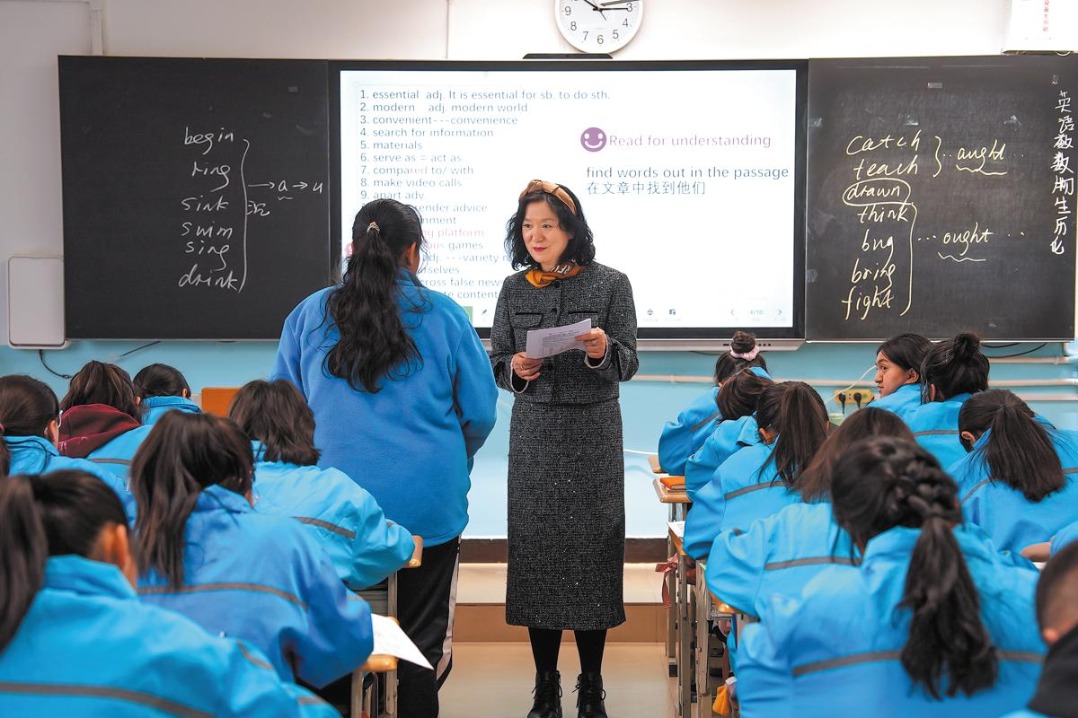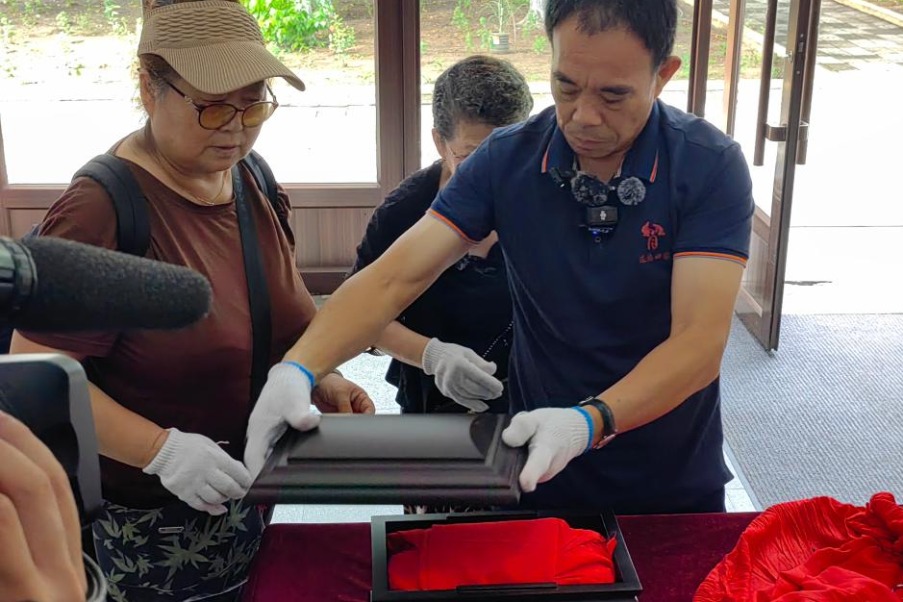Space tech underpins stellar Games


The meteorological data gathered by the equipment are transferred to weather forecasters who use the information to produce reports and make decisions on issues, such as whether artificial snow needs to be created, he said.
Wei Shuo, another engineer at the institute, said: "For example, there is a cloud radar on the top of Haituo Mountain (in Beijing's Yanqing district) that has been collecting snowfall data for the past six years. It detects and analyzes the moisture content, position and speed of clouds to help weather experts forecast and monitor snowfalls."
In addition to the fixed radars and stations, the engineers have designed and produced hundreds of handheld snow analyzers.
"This portable device relies on sensors and cutting-edge algorithms to identify the condition of ground snow. It features a special data pool of snow conditions in sports venues that have been measured and recorded by our engineers over the past two years," Wei said.
All data collected by the institute's products are transmitted back to the Games' weather department in a matter of minutes, enabling forecasters to produce accurate, timely reports for sports organizers and athletes, he added.
- China police crack down on counterfeit currency cases
- Three types of aircraft complete electromagnetic catapult-assisted takeoffs
- Telling Xinjiang's story through new media
- Qingdao brews romance: Foreign couple experience fine beer, film tech and wellness
- China will soon hold global summit of women in Beijing on occasion of 30th anniversary of 1995 World Conference on Women: spokesperson
- Irish writer Colm Toibin meets Chinese readers





































